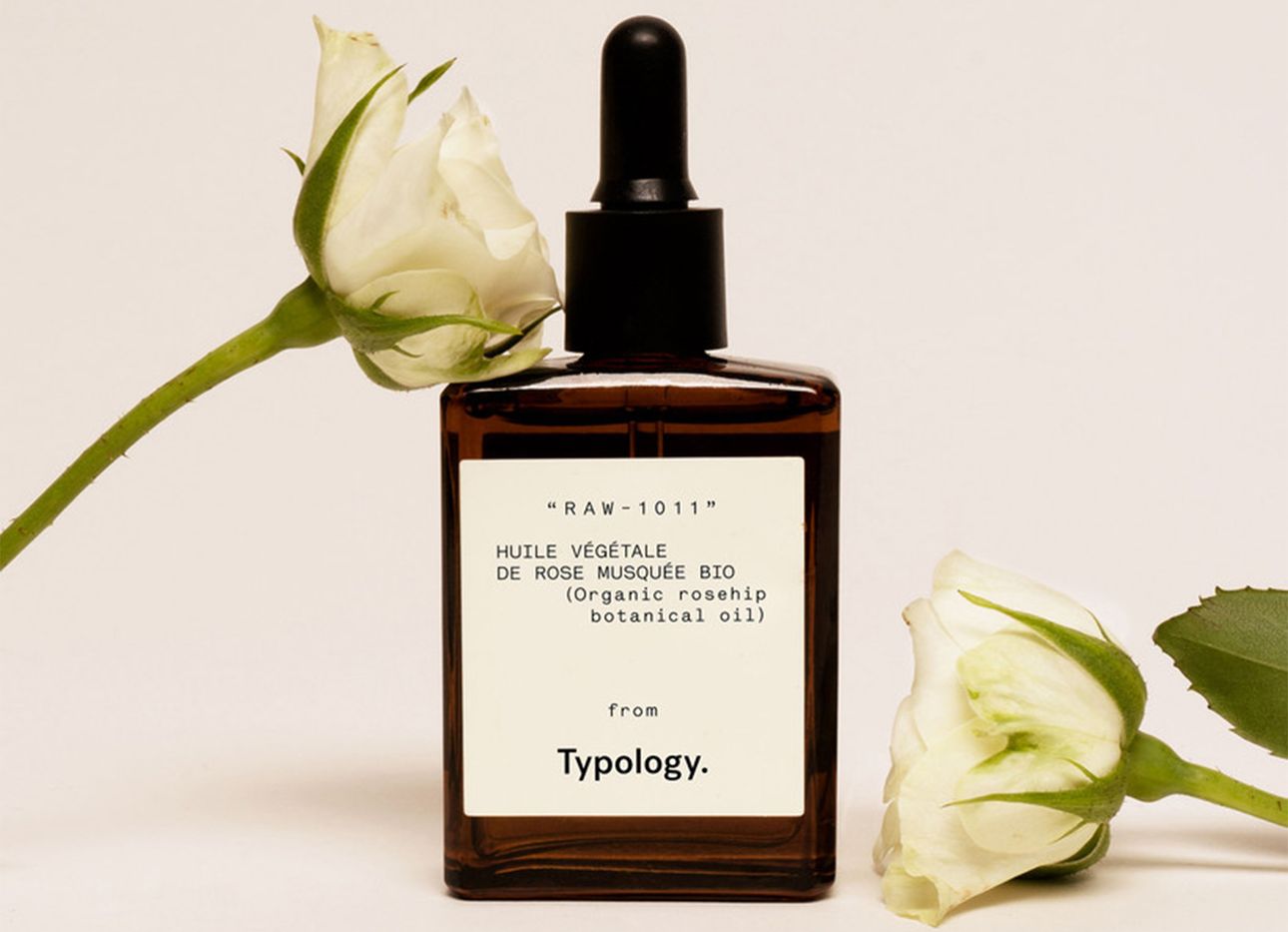
The Wonders of Rosehip Oil, a Time-Honored Elixir for Skin
The Italian writer and thinker Umberto Eco, when explaining how he came up with the title of his beloved novel The Name of the Rose, wrote that he chose it “because the rose is a symbolic figure so rich in meanings that by now it has hardly any meaning left.” Across time periods and cultures, the sweet-smelling flower’s significance, depending on its color and context, has symbolized sentiments including love, beauty, innocence, mourning, silence, secrecy, purity, and passion. In Victorian England, yellow roses were even used to signify jealousy, conflict, and suspicions of infidelity. Beyond their symbolic richness, though, roses also contain another attribute with a wide range of uses.
Rosehip oil, produced by pressing the fruit and seeds of the rose plant (and not to be confused with rose oil, which is extracted from rose petals), has been used by humans for centuries in a variety of ways. Ancient Romans apparently used it as a healing agent for wounds caused by rabid dogs, while Native Americans used it to treat stomach pains and muscle cramps. The vitamin C–rich substance was even used by the British government during World War II to create a syrup that could be added to foods or mixed with water to make a tea, and was given to people as a replacement for citrus fruits, which were difficult to obtain at the time. It wasn’t until the 1980s that research revealed the vast skin-care benefits of rosehip oil, detailing its moisturizing, restorative, and anti-aging properties.
Today, there are a variety of products that make it easy to take advantage of the fragrant liquid’s benefits. For instance, Typology’s Organic Rosehip Botanical Oil, cold-pressed in France, may delay the appearance of wrinkles and, thanks to its high content of essential fatty acids, can help rejuvenate and repair skin. Facetheory’s lightweight, fast-absorbing Balancing Rosehip Oil O3, infused with UV damage–reducing vitamin E and sourced from Bulgaria, hydrates dry spots and regulates oil production in oily or acne-prone skin.
If you’re looking for something a little more luxe, try Farsáli’s Rose Gold Elixir, which combines the benefits of rosehip oil with 24-karat gold. It promises to reduce fine lines, even out skin tone, and produce a gentle, golden glow—an amplified version of the natural radiance generated by rosehip oil alone. Pai’s Rosehip Fruit Extract Cleansing Oil also does double duty, but in a different way: by taking the balancing and softening benefits of rosehip oil, and formulating them into a cleanser. Since oil dissolves oil, even the most stubborn waterproof makeup will melt away with a few drops, leaving skin soft and nourished.
Adding rosehip oil to your skincare routine can be a somewhat surprising olfactory experience. Many users report that it has an earthy and herbaceous aroma, like fresh hay, coffee, or autumn leaves. While it may not smell like the roses you know, the substance’s potency endures, much like the many symbols of its flower of origin.